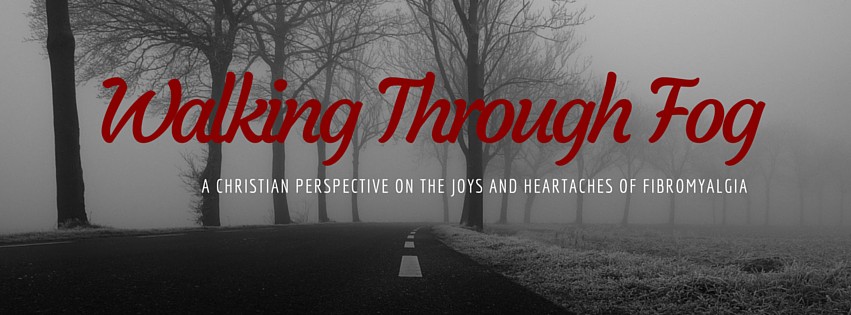Before anyone goes running off spreading the rumor that I'm pregnant or something similar, I'm not. Sorry to disappoint. :P Moving on...
I think what I find hardest about transitions is the opening it can give to doubt, insecurity, and fear. While things are known, there is a certain amount of security and routine. No matter how hard or how bad the routine can be--it is still routine. Dealing with new situations involves a certain amount of necessary unknowns.
Such a transition is the new reality in our household. Effective December 1st, Jon will be working as the manager of our local Habitat for Humanity Restore, and I will be working from home part-time as an online freelancer doing odd jobs involving typing, proofreading, formatting, writing, researching, and any other odd contracts that come my way. This transition should allow me to take more time to rest and try to not get as worn down as well as have more time to devote to school.
Upon sharing this news with many people I've had a broad spectum of responses--ranging from gleeful well-wishes to skeptical raised eyebrows. While i wish I could say that I knew exactly how things were going to go and that everything was settled, that is simply not the case. As you might imagine, there are a lot of unknown factors at play here.
Both of our jobs changing at the same time, our household income decreasing by a significant chunk, and our entire home dynamic shifting is cause for a little transition anxiety along with some insecurities surfacing. The good news is that we know our God provides for His children, and there is no doubt that He has provided these job changes and will continue to provide for us along the way.
In a lot of ways these jobs have been perfectly chosen for us, particularly with regard to our long-term hope of moving to the Middle East down the road. Jon's new job with Habitat may very well connect him with employment opportunities overseas once he is established in the organization. They have building projects in many countries around the world, and part of his motivation in changing jobs is the future possibility of using this as a network to gain access to places we would otherwise have a very difficult time getting to and staying in. Also, with my job being primarily internet-based, I will be able to theoretically work from just about anywhere that has internet access.
So, as risky as all these changes may seem on the surface, God is already providing the details and leading us in a very gentle step-by-step way. It's not easy to leave these kinds of details in His hand, especially when fibro threatens to make it next to impossible to turn off my mind, but it is encouraging to see the work He has already done in us and to look forward to what He is going to do with us in the future. We appreciate your prayers and will keep you updated as we see further progress.
g&p




